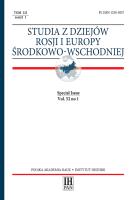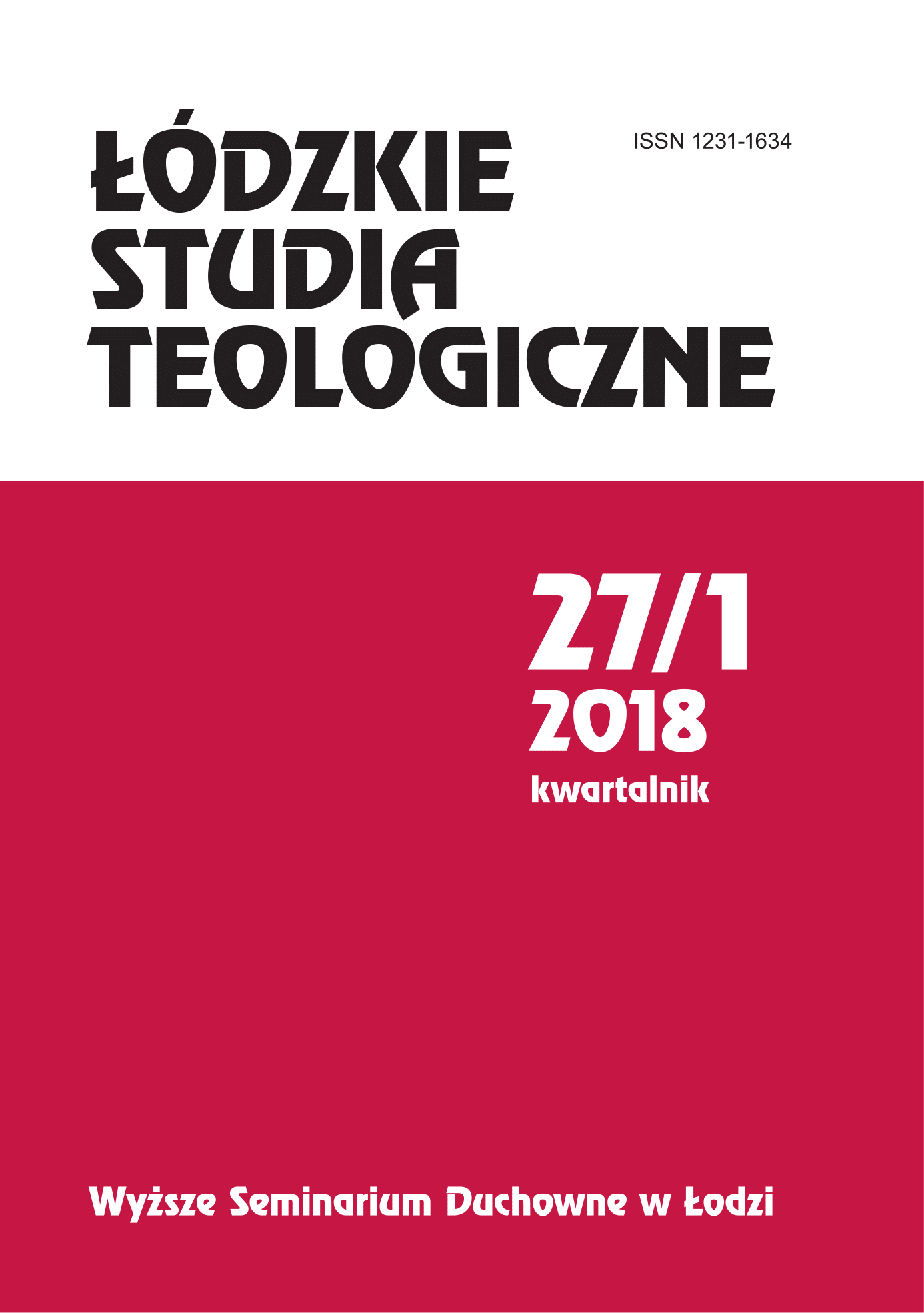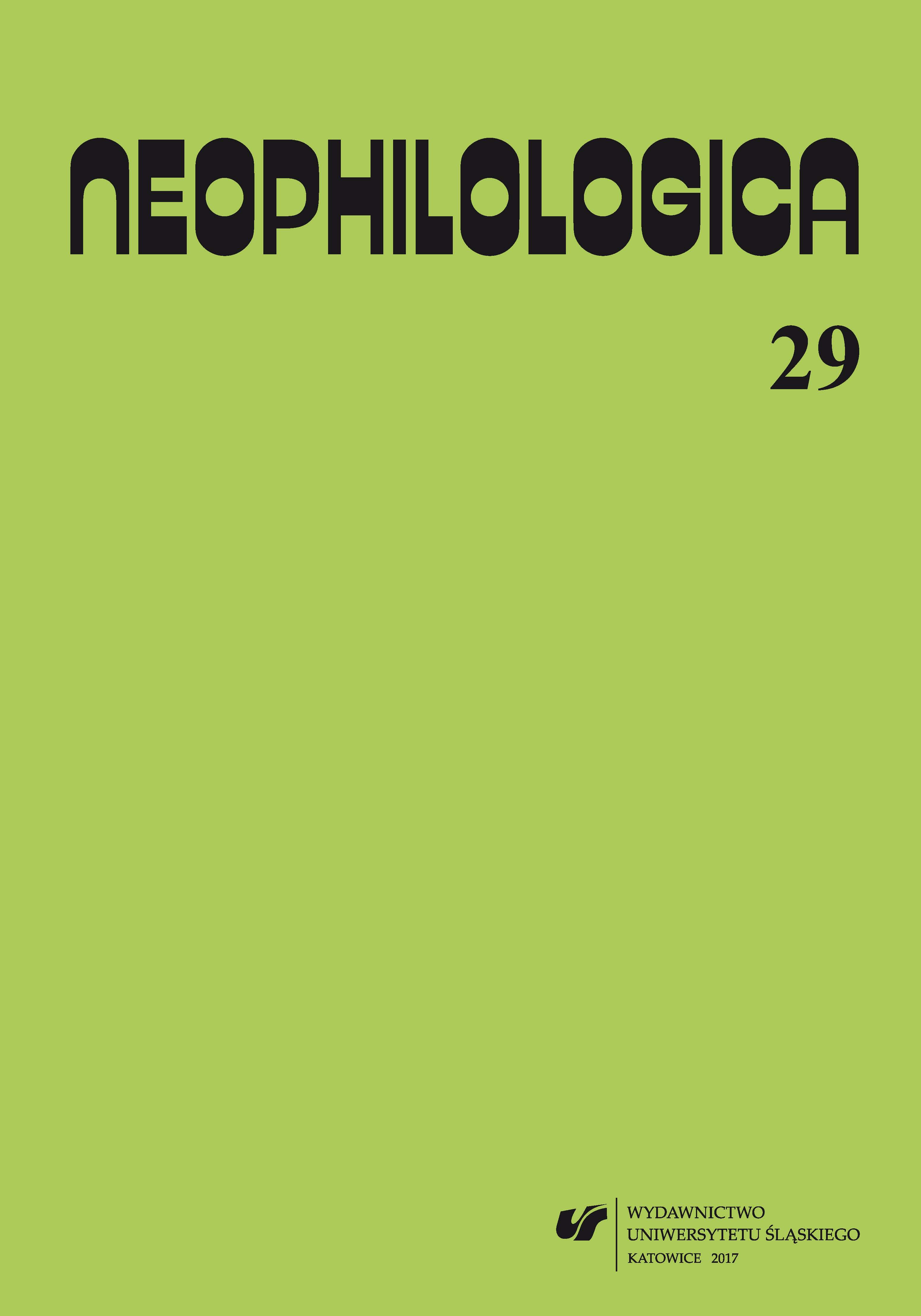
Bulgarians and Bulgaria in the Last Quarter of the Nineteenth Century in Jan Grzegorzewski’s Publications (Internal Policy, Foreign Policy)
The period of five-century “Turkish yoke” of the Bulgarian lands brought up many deep and multifaceted changes in almost all areas of social life. The Bulgarian population, pushed aside on the margin of social life and deprived of almost all public rights, were unable to reconstruct their elites, destroyed physically and ideologically during the Turkish invasion of the Balkans. And it was for this reason that on the threshold of independence the Bulgarians had only a handful of people prepared to lead the nation and to perform a public service both on a local and national scale. The issue became especially important after Bulgaria regained its statehood in 1878, and social and economic problems of the young state were aggravated by the rivalry of the great powers fighting for influence in this part of Europe, which effectively attracted the attention of developing political milieux. This caused never-ending disputes within the Bulgarian political circles between supporters of a rapprochement with the West and advocates of closer relations with Russia, which, in turn, led not only to numerous political crises, but also implied changes in the highest levels of the government. Only the utmost determination did make it possible for the Bulgarians to overcome internal political problems and to make Bulgaria the leader of other Balkan countries already in the early 19th century. Those complex processes were observed, described and commented upon by Jan Grzegorzewski, and his texts are a perfect source of knowledge both for historians, and other scholars.
More...

